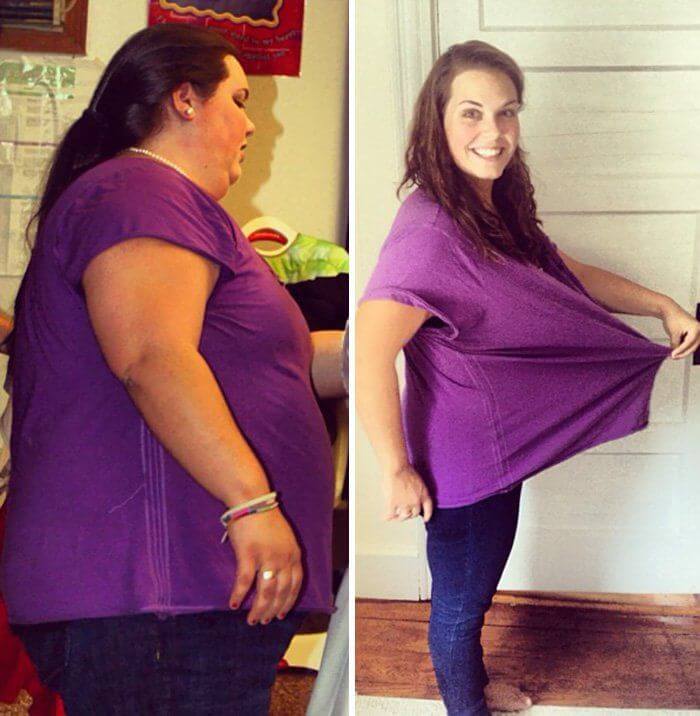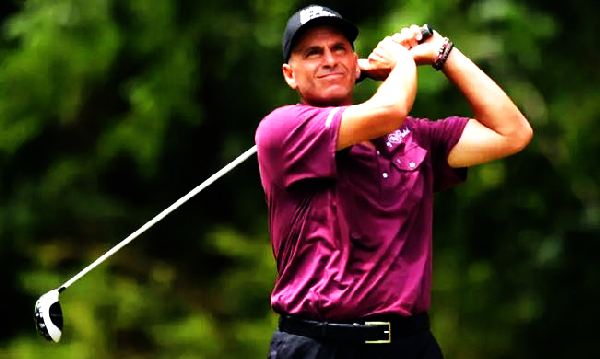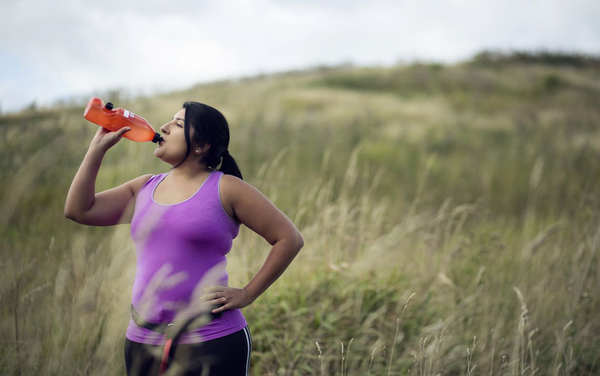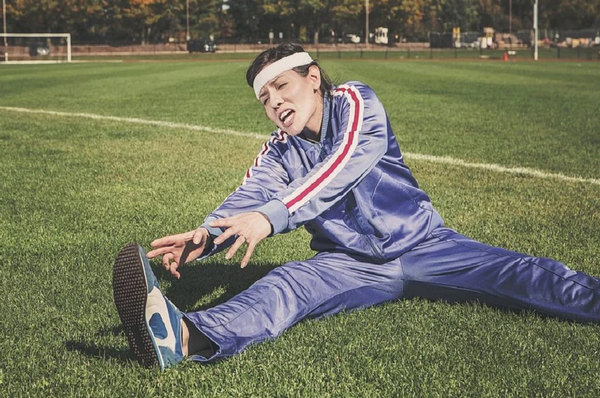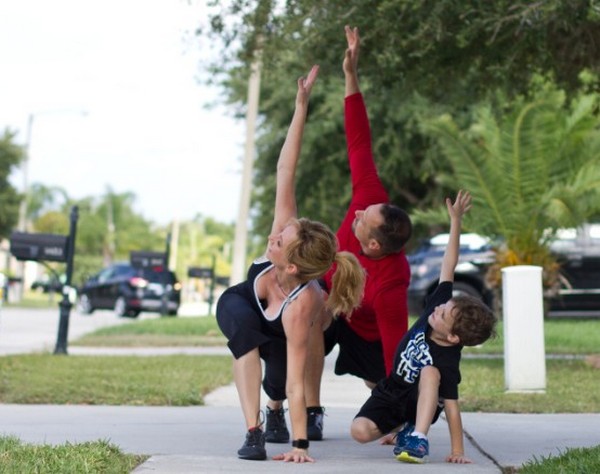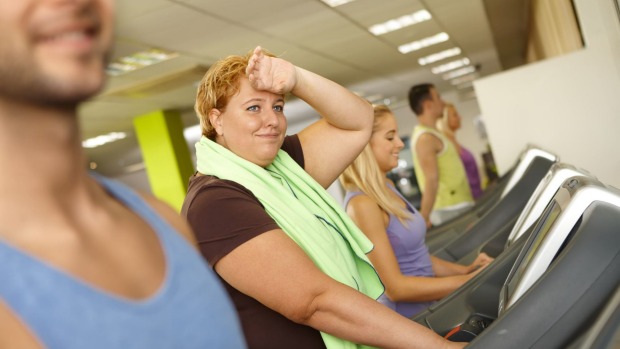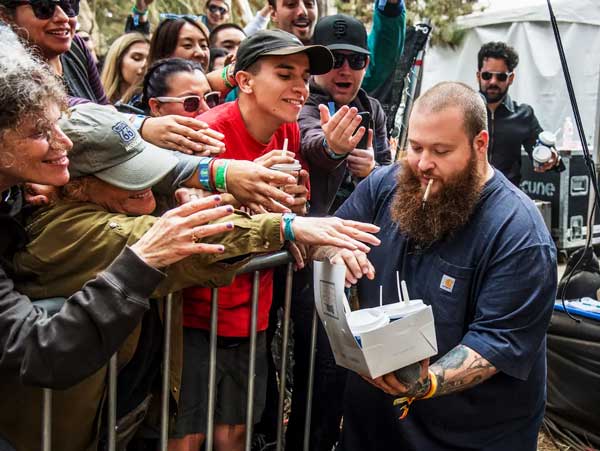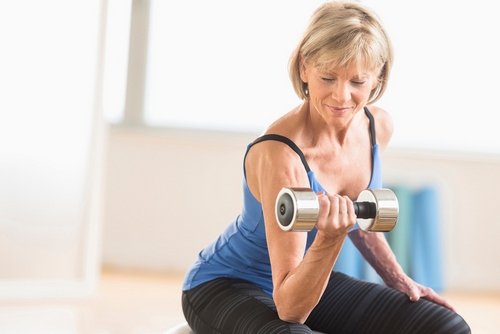
Best exercise for weight loss: Weight training or cardio?
For older adults trying to slim down, pumping iron might be the way to go.
A study conducted by researchers at Wake Forest University, reports that a combination of strength training with a low-calorie diet is much more useful than simple aerobic exercise. This is due to the fact that during weight training with exercise the body maintains and builds up the necessary muscle mass.
"A lot of older adults will walk as their exercise of choice," said Kristen Beavers, assistant professor of health and exercise science at Wake Forest and lead author of the study. "But this research shows that if you’re worried about losing muscle, weight training can be the better option."
Burn fat and gain muscle
In this 18-month study, consisting of 249 adults aged 60 years, overweight or obese, the calorie restriction, combined with strength training, resulted in a reduction in muscle loss and a significant loss of fat.
Weight loss is usually recommended for obese people. And retaining muscle with fat loss is especially important for the elderly in order to maximize functional benefits, Bobs said.
The importance of lean muscle mass
"Surprisingly, we found that cardio workouts may actually cause older adults with obesity to lose more lean mass than dieting alone."
Loss of muscle mass can have important consequences, given the high risk of disability among the elderly.
The findings:
- Total fat loss was much greater when participants combined diet and walking (about 7.25 kg) and diet plus training with weights (about 7.71 kg). Only the diet led to approximately 4.53 kg of fat lost in 18 months.
- Muscle mass loss was greatest with diet plus walking (about 1.81 kg) compared with diet alone or diet plus weight training (each about 0.9 kg). Put another way, the percentage of weight loss coming from muscle mass was 20% in the weight loss plus walking group, 16% in the weight loss alone group, and 10% in the weight loss plus weight training group.
- Loss of fat was associated with faster walking speed, while loss of muscle was associated with reduced knee strength.
These results can be even more important for the elderly who periodically gain and lose weight, because the elderly usually do not repair the muscles - they restore the fat mass, which is "the more reason for the elderly to try to keep the muscle mass during the loss weight", - said Bobrs.
